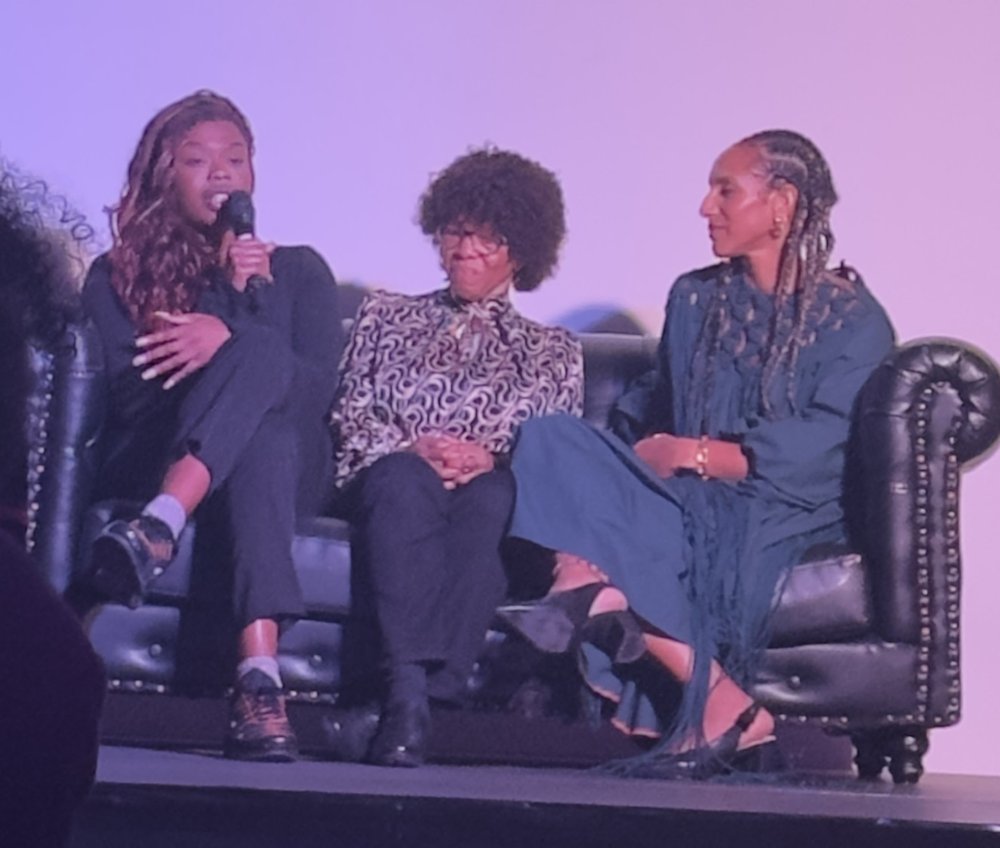Nelson Abbey, Prof. Gus John, Diane Abbott MP, Lord Simon Woolley, Dawn Butler MP, and Festus Akinbusoye. Photo credit: Joe Newman
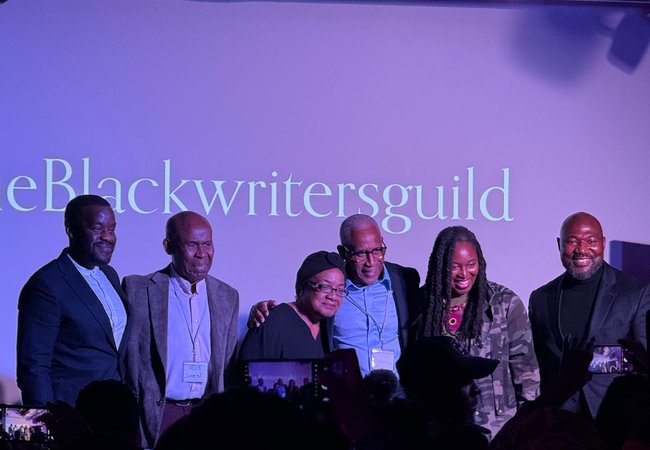
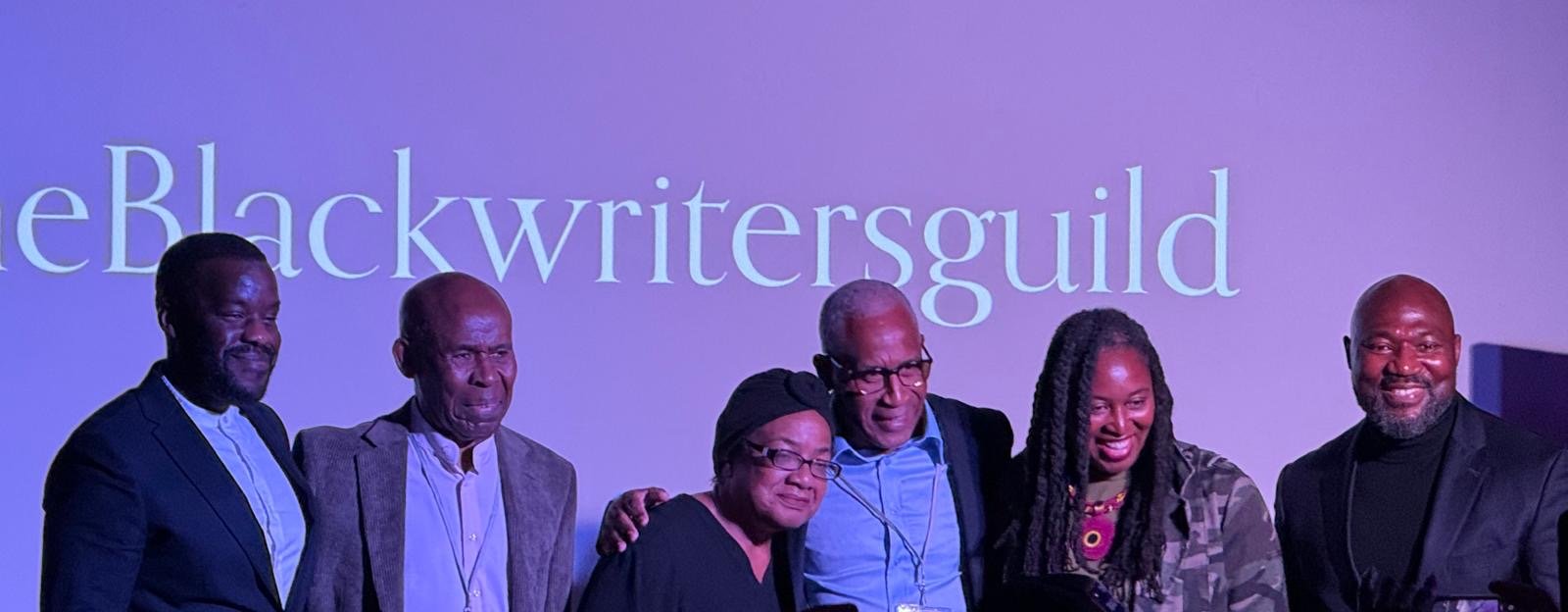
Narrating the now: The Black Writers Guild – Where words met wounds
On 20th September, a collection of successful, creative, and passionate Black writers and storytellers gathered under one roof – not just to celebrate their craft, but to confront the realities of our times. Against the backdrop of the recent waves of racist unrest that have shaken the UK, the Black Writers Guild conference became more than just a meeting of minds; it was a space for healing, resistance, and hope.
Representation is about equity, opportunity, and the power to shape narratives
Sankofa: 'to go back and get it'
Margaret Busby at the Black Writers Guild Conference. Photo credit: Joe Newman
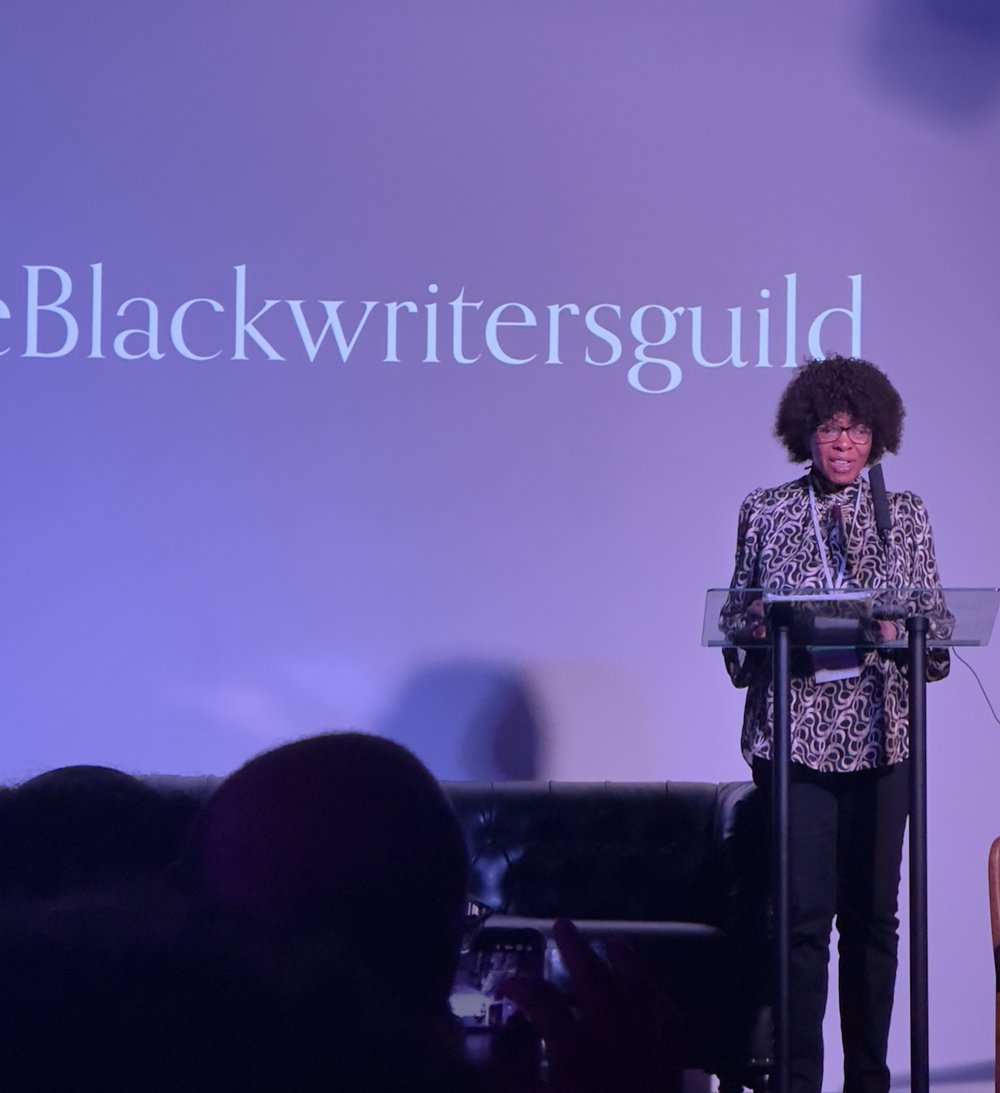
Giving voice and visibility to stories that might remain unheard
Activism is taking new forms
“History is only what your government wants you to hear.”
Black Writers Guild conference attendee
Joe Newman (Racial Justice Team Coordinator, Oxfam), Diane Abbott MP, and Rhaea Russell-Cartwright (Director Racial Justice & Equalities, Oxfam). Photo credit: Joe Newman
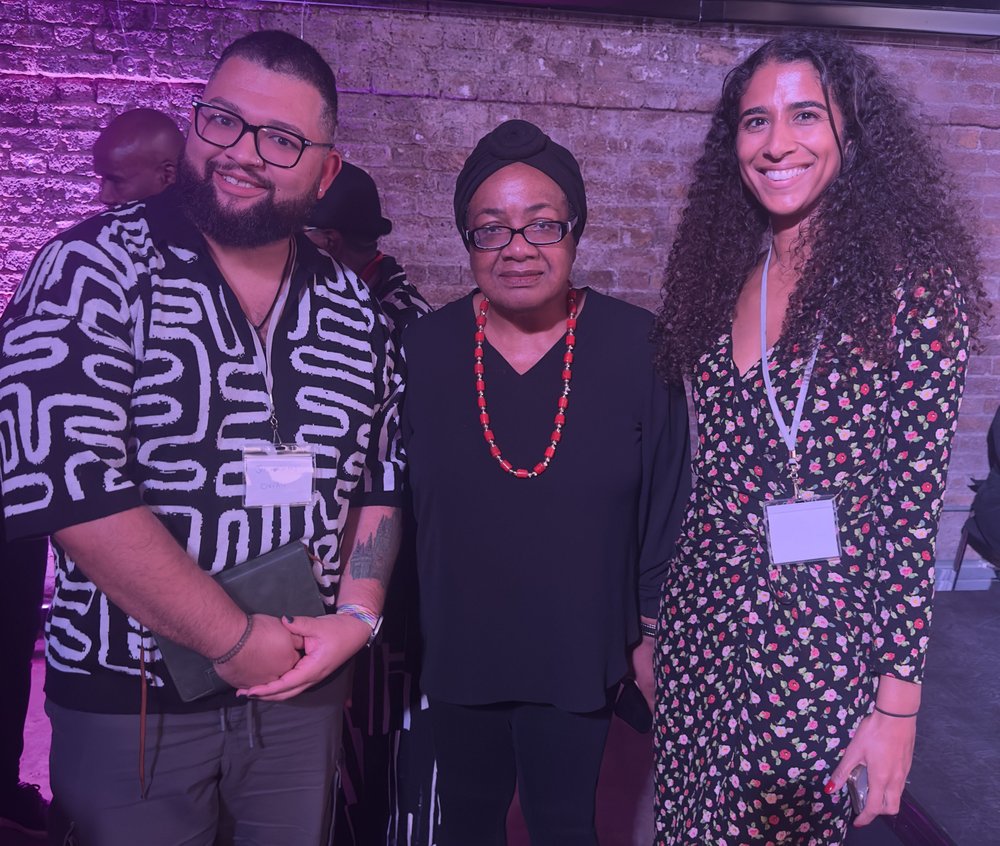
Racist riots and marches
“Social justice doesn’t stay permanent, unless you continue to fight.”
Dawn Butler MP
Our answer must be resistance
Diane Abbott MP, Lord Simon Woolley, Dawn Butler MP and Festus Akinbusoye. Photo credit: Joe Newman
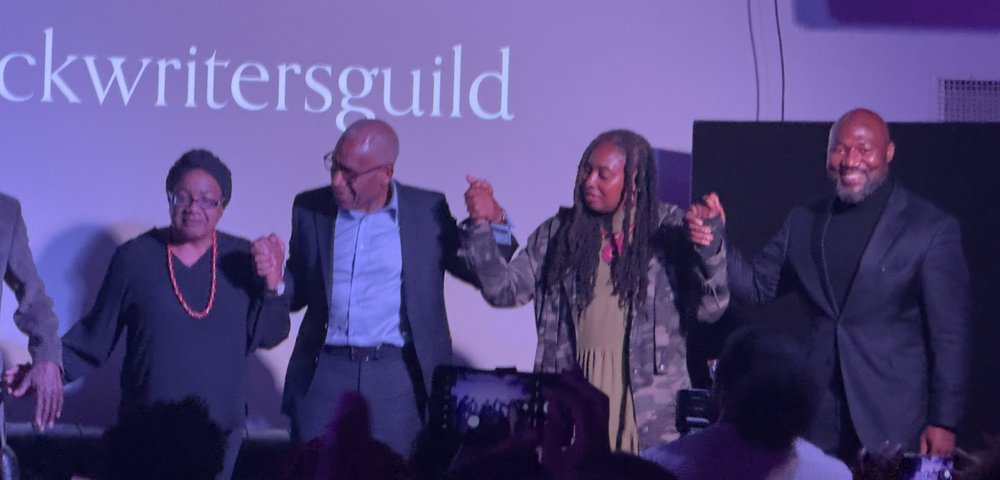
Culture
Busayo Twins, Margaret Busby, and Afua Hirsch. Photo credit: Joe Newman
